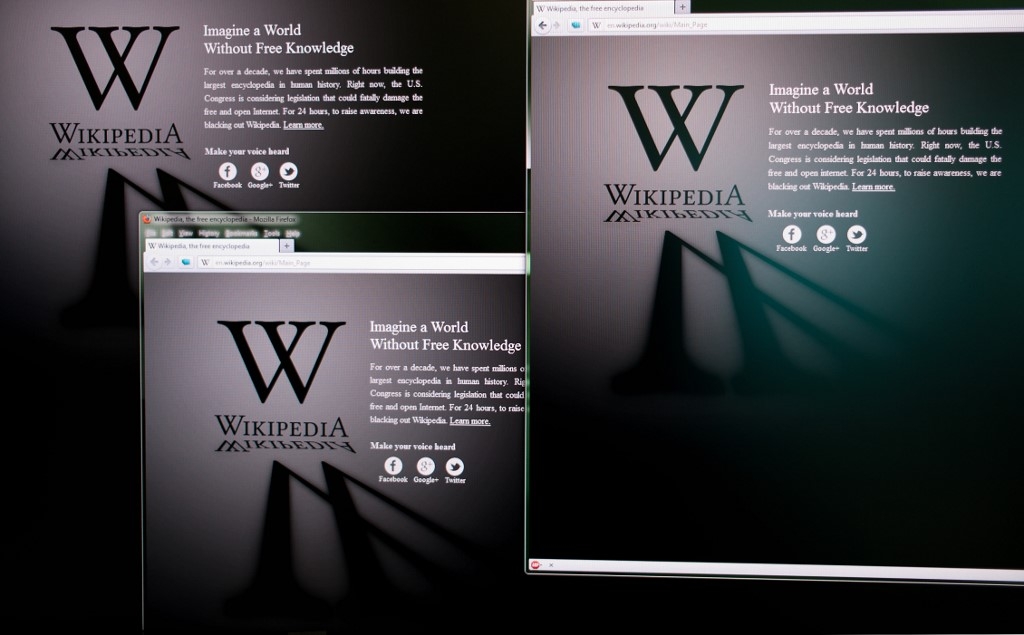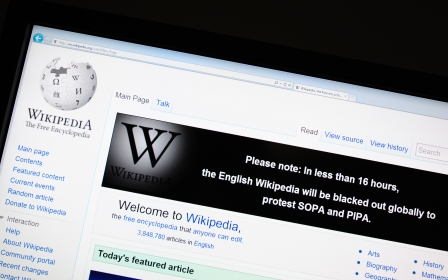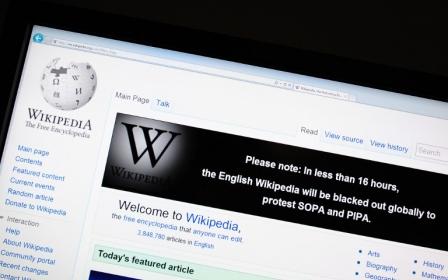Turkey's constitutional court to lift two year ban on Wikipedia

Turkey's constitutional court on Thursday lifted a two-year ban on Wikipedia after ruling that blocking the online encyclopaedia violated freedom of expression inside the country.
Wikipedia was banned in Turkey in April 2017 after two entries alleged that Turkish government officials had links with the Islamic State group.
The ban was imposed by Turkey's Information and Communication Technologies Authority (BTK).
Wikimedia Foundation, which operates Wikipedia, appealed the decision in May 2017, but a Turkish court rejected it.
The online encyclopaedia is an open platform which allows users to fill in entries based on links and references.
New MEE newsletter: Jerusalem Dispatch
Sign up to get the latest insights and analysis on Israel-Palestine, alongside Turkey Unpacked and other MEE newsletters
The block was prompted by two Wikipedia entries accusing Turkey of links to IS militants in Iraq and Syria. Turkey's communications ministry said then that Wikipedia was attempting to run a "smear campaign" against the country.
The ban caused an outcry among freedom of information activists and raised the question of media censorship in the country.
Turkey banned the entire website in all languages despite its objections reportedly relating to two pages in the English edition.
The court decision may have been an attempt to avert the European Court of Human Rights (ECHR) issuing a ruling against Turkey, after Wikimedia Foundation filed a lawsuit with the ECHR to lift Turkey’s two-year ban of the online encyclopaedia.
A Turkish court in Ankara however upheld Turkey's ban on Wikipedia in May 2017 after Wikimedia attempted to appeal the ban.
Turkey's constitutional court ruling on Thursday will set in motion the of lifting the block on accessing Wikipedia. Turkey has frequently blocked access to websites temporarily, including Facebook, Twitter and YouTube, following terror attacks or anti-government demonstrations.
Middle East Eye delivers independent and unrivalled coverage and analysis of the Middle East, North Africa and beyond. To learn more about republishing this content and the associated fees, please fill out this form. More about MEE can be found here.




